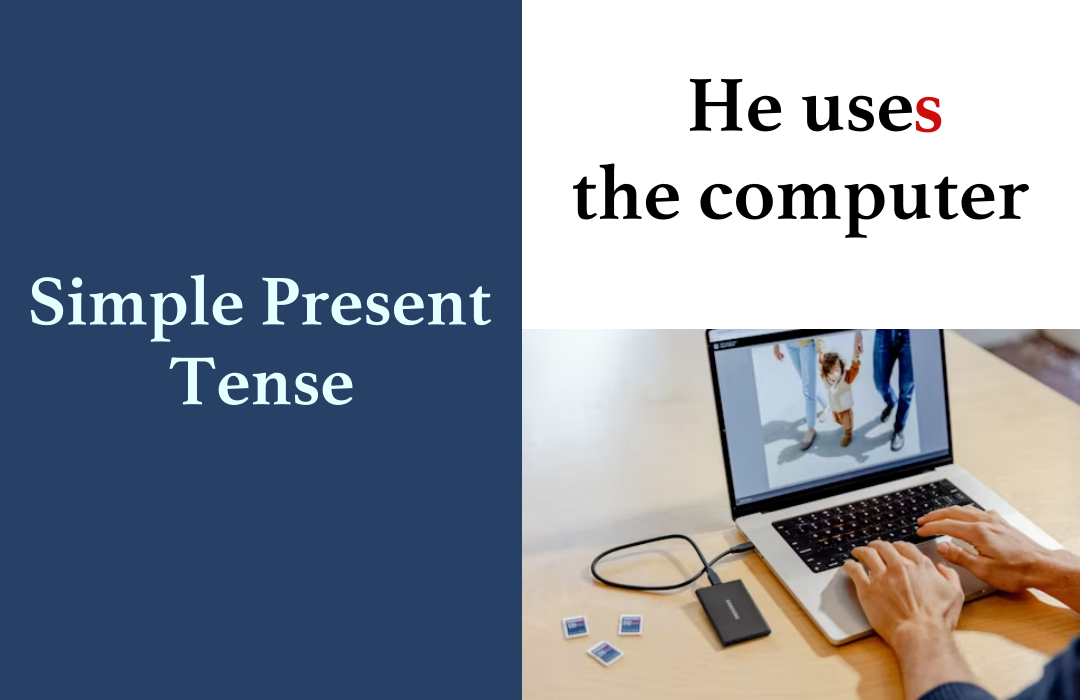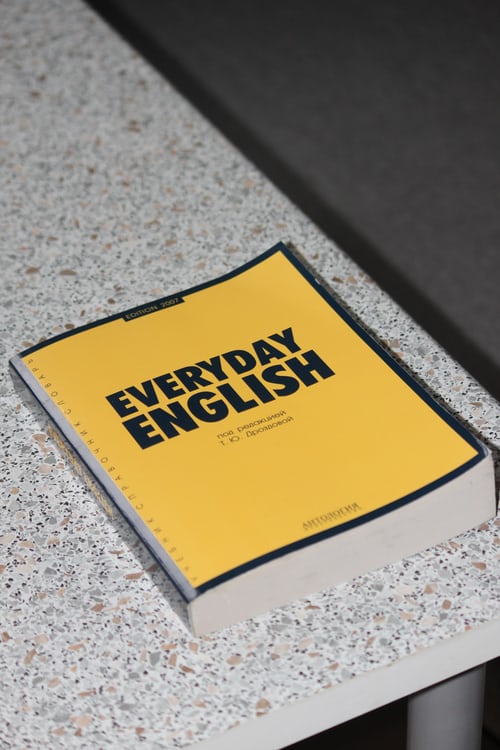1. Forms
| Affirmative | Negative ( not) | Interrogative( Question) |
| Rule: Subject+ had+ verb in past participle | Rule: Subject+ had+ not+ verb in past participle | Rule Had+ Subject+ verb in past participle? |
| – I had revised my lessons – You had worked – He had played – She had listened to pop music – It had taken another step forward – We had hitchhiked – You had thought -They had defended human rights | -I had not revised my lessons -You had not worked – He had not played – She had not listened to pop music – It had not done the dishes – we had not hitchhiked – you had not thought – They had not defended | – Had I revised my lessons? – Had You worked? – Had he played tennis? – Had she listened to music? – Had it moved? – Had we hitchhiked? – Had you thought? – Had They defended human rights? |
3. Uses
1. A finished action before another in the past.
When we have two actions in the past, Past perfect makes it clear which action happened first in the past. The first action is in the past perfect and the second action is in the past simple.
Thank you for reading this post, don't forget to subscribe!- Example
The film had started when we arrived (First action: Had started/ second action: arrived).
When we arrived, the film had already started (note that when we start with when, when put a comma
after the verb)
After Ali had finished his work, he went to lunch.
Before I knew it, she had run out the door.
N.B: After is followed by past perfect: After Ali had finished his work, he went to lunch
Before is followed by past simple: Before I knew it, she had run out the door.
2: With stative verbs, we use past perfect to talk about a state of being that started in the past and continued up to another action or time in the past. The emphasis is on ‘how long’ and we usually use ‘for + time’.
- Example
My little brother had had that bicycle for four years before it broke down.
3: Past perfect is used to talk about unreal or imaginary things in the past. This rule is used with ‘wishes’ and ‘third conditionals.’
- Example
If I had had money, I would have bought a new car.
My students would have passed the exam with flying colors if they had worked harder.
I wish I hadn’t eaten so much!
I wish I had woken up earlier
3. Keywords
– Before
– After
– already
– yet
– by the time + past simple
– As soon as
– When
– Until
-Never







